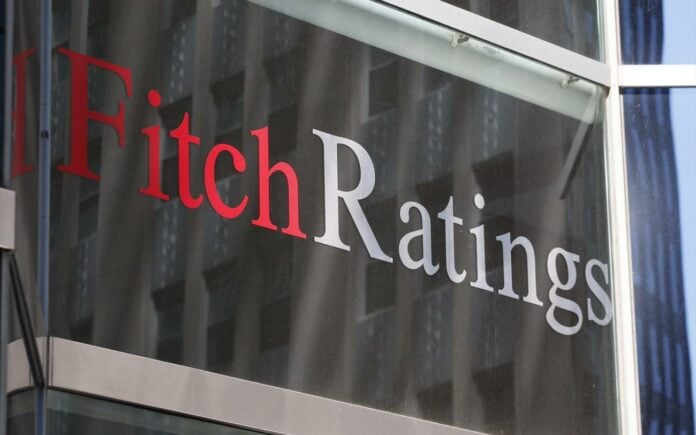Greek and Cypriot banks’ credit profiles have improved in the past year due to de-risking and restructuring, Fitch Ratings said in a new report. Fitch has taken positive rating actions on all Greek and Cypriot banks in the past twelve months, also reflecting stronger profitability and Fitch’s view of the resilience of the Greek and Cypriot economies in 2023. Further positive rating actions will largely depend on structural profitability gains, leading to stronger capitalization, alongside continued asset quality improvements.
The banks’ non-performing exposures (NPEs) have fallen significantly since 2020. “We expect aggregate NPEs to fall further given Hellenic Bank’s recent deconsolidation of a large NPE portfolio, plus further NPE transactions from Alpha Bank and Piraeus Bank. Some banks may take advantage of stronger profitability to write off more NPEs or increase NPE coverage,” it said.
The banks’ resilient asset quality is despite increasing pressure on borrowers from high inflation and interest rates. “We expect NPE formation in Greece to rise in the second half of 2023 as the economy slows, but the interest rate cap on performing domestic retail mortgages for 12 months from May 2023 will temporarily limit the pressure on borrowers. The Cypriot banks’ stable asset quality in the second half of 2023 will be supported by Cyprus’s positive economic outlook and improved control of NPE inflows,” according to Fitch.
The report also noted: “We expect higher interest rates and cost-cutting initiatives to boost average operating profitability/risk-weighted assets to over 2% for the Greek banks, and to over 3.5% for the Cypriot banks, in 2023 and 2024 – despite the prospect of higher pass-through rates for deposits and more customer switches into costlier term deposits.”
The banks’ liquidity was unaffected by the first quarter of 2023 market turmoil, and should not be affected by the expiry of the ECB favorable funding facilities given ample cash and securities investments, Fitch Ratings concluded.















